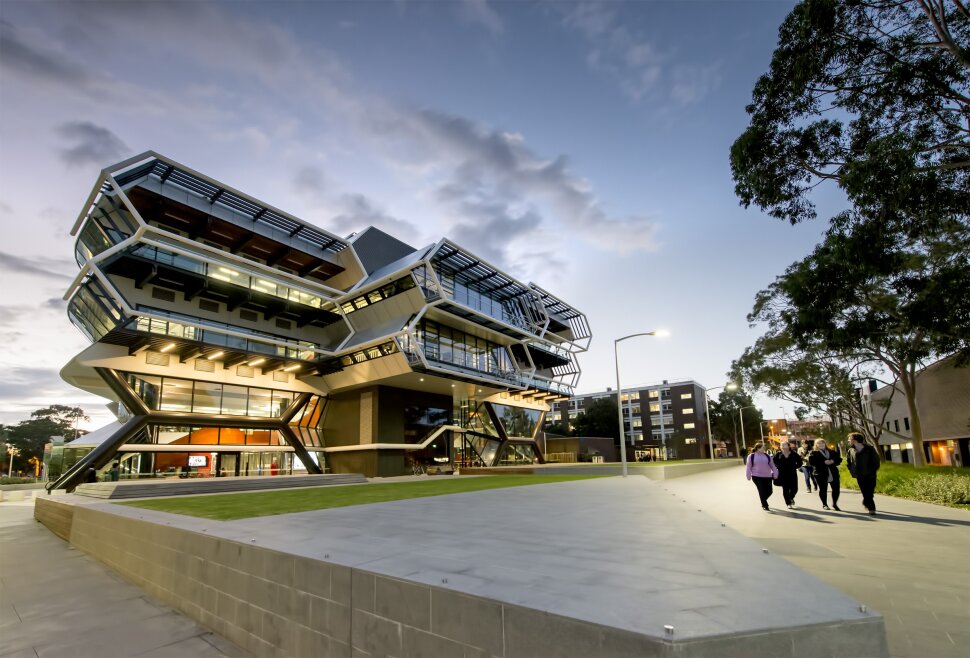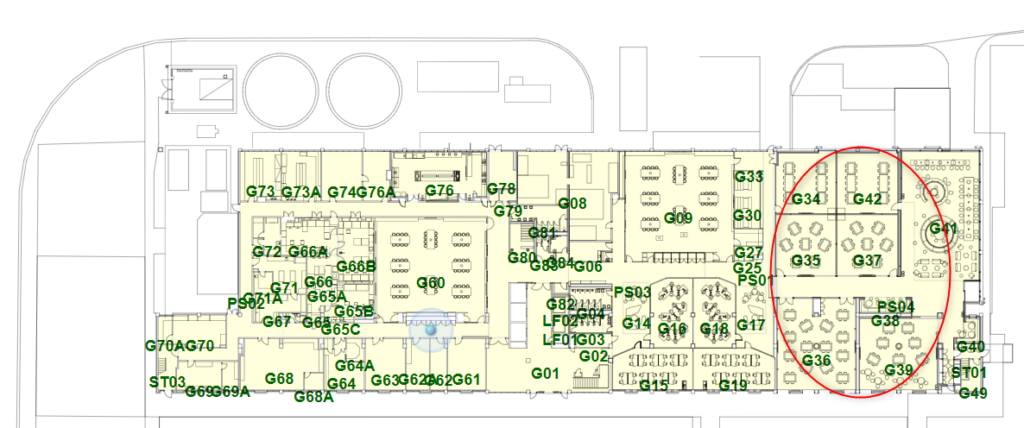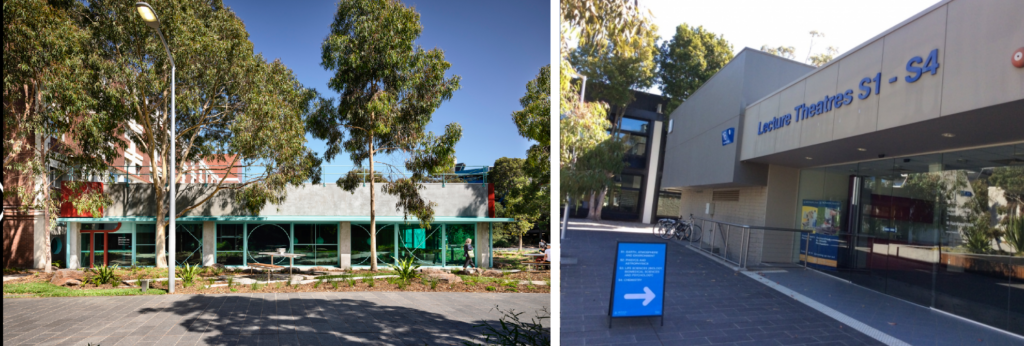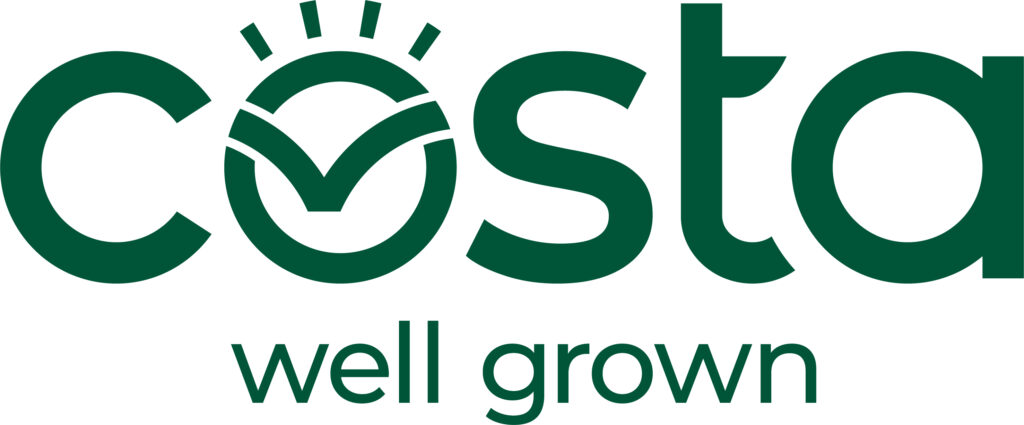January 30th to 3rd February 2023.
Monash University
Event details

MISG 2023 will bring together mathematicians, statisticians, engineers, computer scientists and modellers from across Australia and abroad to Monash University Clayton campus to spend a week with industry partners providing mathematical insights into their specific real-world problems.
Registration for academics is free. We only ask that you make yourself available for the week and can provide your own travel to Monash University Clayton. We strongly recommend graduate academics from Professor to PhD student and the private sector to register. The projects will provide an opportunity to academics to gain exposure to mathematical problems faced by modern industry and to be involved in publishing the work where appropriate.
Please REGISTER NOW before January 20th on our Eventbrite page.
Links for transport, accommodation, parking, and maps:
Buying/Set up myki (Melbourne’s public transport card)
Getting to Monash via public transport
Finding us at Clayton campus

We will use 9 Rainforest walk for most of the week but congregate in Lecture theatre S3 at 16 Rainforest walk as indicated on the map. To best orientate yourself, find Rainforest walk (sky blue walking track) which connects the North Car Park and the Monash Bus Station which visitors are likely to arrive at (circled).


Projects
Mathematical modelling of tomato greenhouse resource management

Costa group are a publicly listed grower, packer and marketer of fresh fruit and vegetables. One of Costa’s many growing locations around Australia is their 40 hectare glasshouse for growing tomatoes in Guyra, NSW. This glasshouse facility is almost entirely self-sufficient as it captures and recycles its own rainwater, generates power onsite for use in heating and lighting and utilises the biproducts of the power generation for producing carbon dioxide to grow the tomatoes. To optimise the use of carbon dioxide, the facility is capable of finely tuning vents which simultaneously cool and regulate the carbon dioxide content in balance with production rates and optimal plant uptake. In this project we will be formulating sensible models (predominately ODE models) to describe the relationship that exists between carbon dioxide demands and external solar radiation fluctuations for a benchmarking consistent and controlled conditions to grow tomatoes at a set quality. We shall be working with sample real high-resolution data from the Guyra glasshouse which will be used to calibrate the model/s. The model/s will be used to provide insight into optimal operating parameters from perspectives of yield and waste but also to guide planning for Costa in an environment of volatile energy costs.
The Costa facility can be further explored using the link HERE.
Costa Group project moderators:
Mr Tal Kanety (Costa rep.)
Dr Mark Flegg (Monash)
Prof. Mark McGuinness (VUW)
Dr. Jessica Crawshaw (Oxford)
Thermal performance of subsea power cables with marine growth

Sun Cable is developing the world’s largest solar energy infrastructure network. Their flagship project is the Australia-Asia PowerLink (AAPowerLink), which will harness and store solar energy from the Northern Territory for 24/7 transmission to Singapore via a high voltage subsea direct current transmission system. The AAPowerLink will be capable of supplying up to 15% of Singapore’s total electricity needs. The MISG project will be focusing on thermal considerations around the subsea cables and in the presence of marine growth.
Information about Sun Cable and the AAPowerLink can be found HERE.
Sun Cable project moderators:
Dr Joseph Bunton (Sun Cable rep.)
Dr Anja Slim (Monash)
Prof. Graeme Hocking (Murdoch)
Dr Edward Hinton (Melbourne)
Optimising hospital waitlist and operating theatre management

The NSW Central Coast Local Health District (CCLHD) provides public health services for the region between Sydney and the Hunter Valley. In the aftermath of COVID restrictions on planned and elective surgery, pressures in hospitals for beds and staff shortages have necessitated the need for careful management, scheduling and optimisation. This project will look at historical data of waitlists and operating theatre schedules and compare them to what could be achieved with alternative hospital policies and optimised schedules. This will require developing operating theatre scheduling (discrete optimisation) models and carrying out data analytics using the historical data. The results of the workshop are intended to provide NSW Health with insights on how their policies relating to the management of waitlists and operating theatres could be improved, and an indication of the opportunity for gaining efficiency by replacing manual scheduling with automated approaches.
The NSW CCLHD website can be found HERE.
NSW Health project moderators:
Ms Karen Berry (NSW Health rep.)
Dr Michael Lydeamore (Monash)
Prof. Andreas Ernst (Monash)
Dr Hamideh Anjomshoa (Melbourne)
Mathematically enhanced standards for a future of reliable renewable energy

The Australian Energy Market Commission (AEMC) is the expert energy policy adviser to Australian governments. The AEMC makes and amends the National Electricity, Gas, and Retail Rules for the National Electricity Market, elements of the natural gas market and related retail markets to advance the long term interests of consumers. A key focus for the AEMC is to design a regulatory and market arrangement that addresses decarbonisation, technological change and market transformation, and the uncertainty that the interaction between these trends creates in the sector. This problem aims to identify mathematical approaches, tools and techniques that can be used to inform the selection of an enhanced reliability standard for a future low emission national electricity market dominated by high levels of energy limited plants such as variable renewable energy sources (wind and solar) and significant levels of battery and hydro power storage.
The AEMC webpage can be found HERE.
AEMC project moderators:
Mr Craig Oakeshott (AEMC rep.)
Dr Kihun Nam (Monash)
Prof David Hill (Monash/USyd/HKU)
Ms Ya Li (Monash)

Invited Speaker
Prof Mark McGuinness
Title: Problems Solved – where mathematics and industry collude
Abstract: I will present some of the problems I’ve encountered during Mathematics in Industry Study Groups, and the mathematics that has been used in response to help solve the problems. Topics might include cooking crispy cereals, tall tapered feeders, hot-dipped coatings, electrode paste softening, and microwaving bauxite. The mathematics is modelling with differential equations and asymptotic methods.


FAQs
Q: Should I bring a laptop?
A: In short yes. In groups there will be some that prefer to contribute with pen and paper (or the ample white board space we have in the rooms), but others will likely be contributing by writing and running code. It will depend on the needs of the project and the skills of the group. If you are good at coding, or even if you just would like access to the internet, you should bring your personal devices. Monash has a guest system for internet access which we can share with you when you get here.
Q: How much coding will be required for the workshop?
A: Again, this depends on the problem. Most of the problems come with some kind of data which bring the mathematical models and algorithms into real-world relevance and to handle the data in a computational setting most (if not all) projects will have a certain level of need for numerical coding. These skills will useful, that is for sure.
Please contact us if you have any questions about MISG as either a participant or an industry partner.
If you wish to learn about how mathematics and the MISG is used by industrial partners, or if you are just interested to know how MISG works, please see our industry page and browse past projects.
